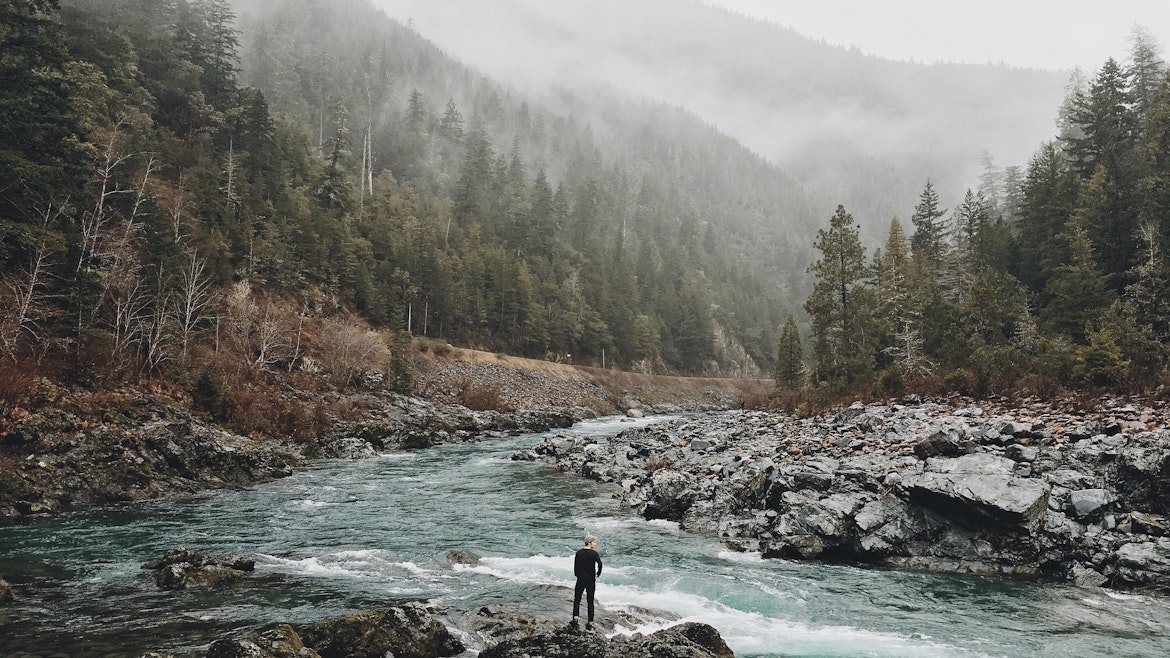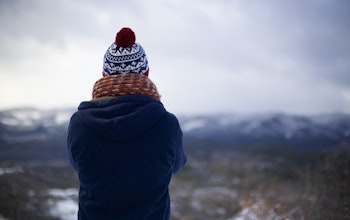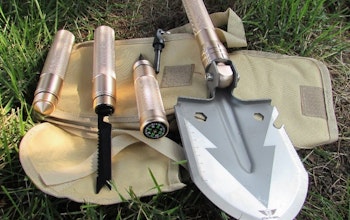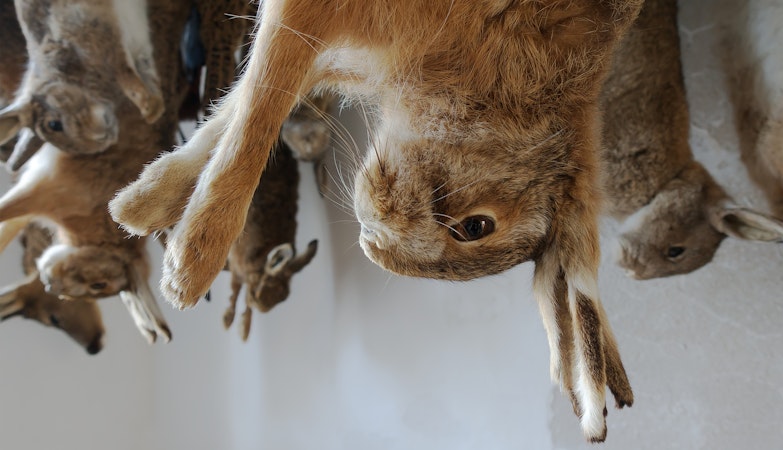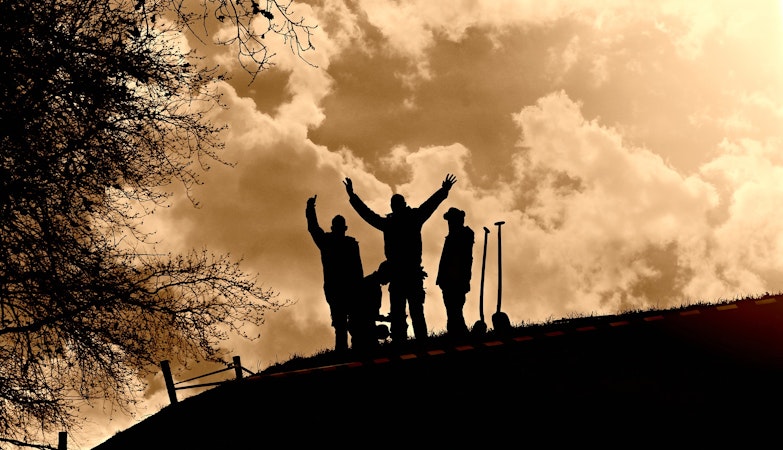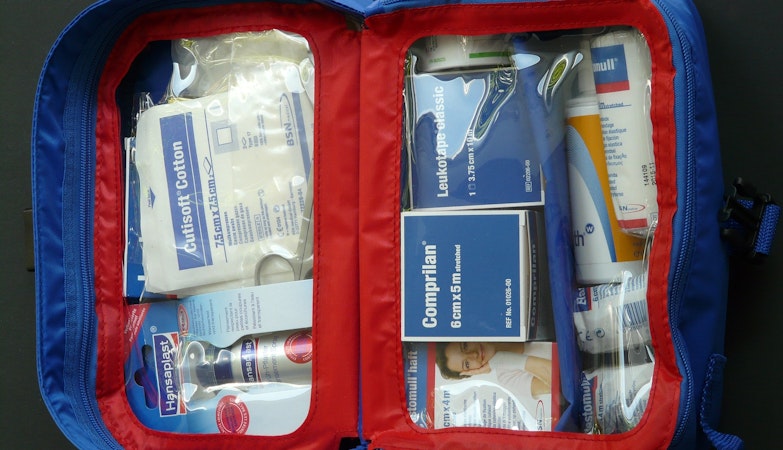Once you are out in the “out-back” safety becomes an essential part of every act. You are exposed to fire, poisonous plants, venomous insects and snakes, sharp tool, treacherous surfaces and often, loaded firearms all without warning signs, or timely medical services. Safety becomes even more critical than at home.
- Stay hydrated. In hot conditions, don’t wait to be thirsty. Drink as much as you can as often as you can.
- Watch where you are walking. A trip or fall that results in a sprain or fracture miles from help can spell disaster.
- Be alert of poisonous snakes. Watch where you put your feet and hands. Carry a long stick to probing grass and brush ahead. Snakes like cooling shade and hiding under rocks and logs.
- Use extra caution when using knives and axes. Never cut towards you.
- Keep tents, loss clothing and fuel well away from campfires.
- Only build campfires in permitted areas clear of trees, brush and grass. Clear a good area of bare earth around the fire.
- Keep firearms on “safe” and pointed in a safe direction.
- Be aware of eye hazards when traveling through thick trees and bush, especially at night or at dusk. Keep hands in front of you
- Avoid crossing fast running streams or ice if possible. If necessary try to use a secured rope to provide a safety hold.
- Wear appropriate safety equipment for the activity such as gloves, safety glasses, helmets, or floatation devices.

